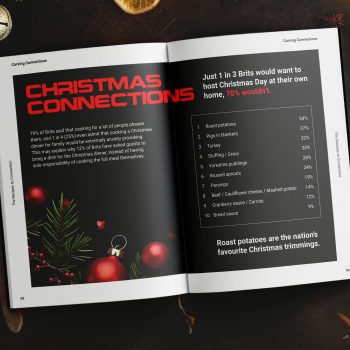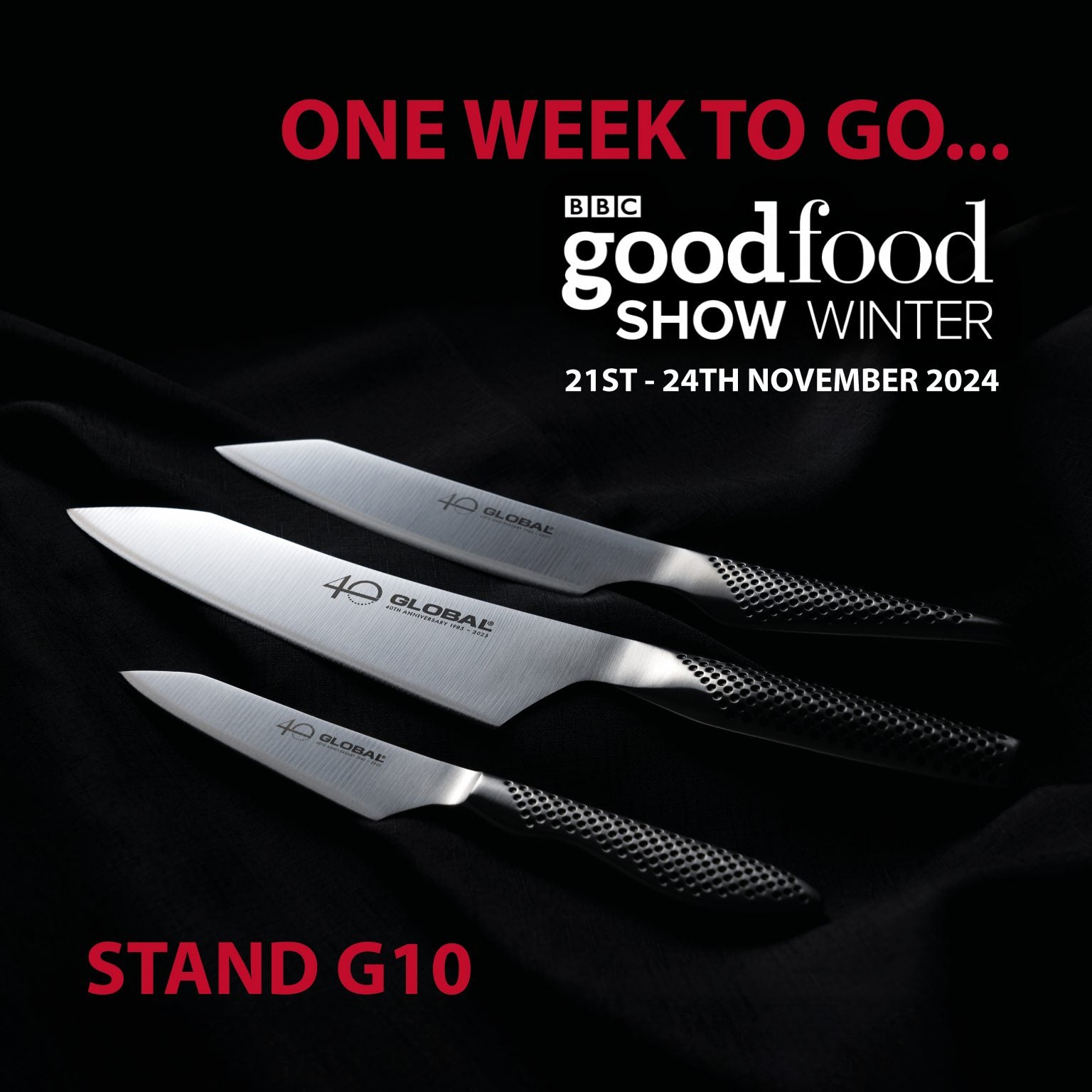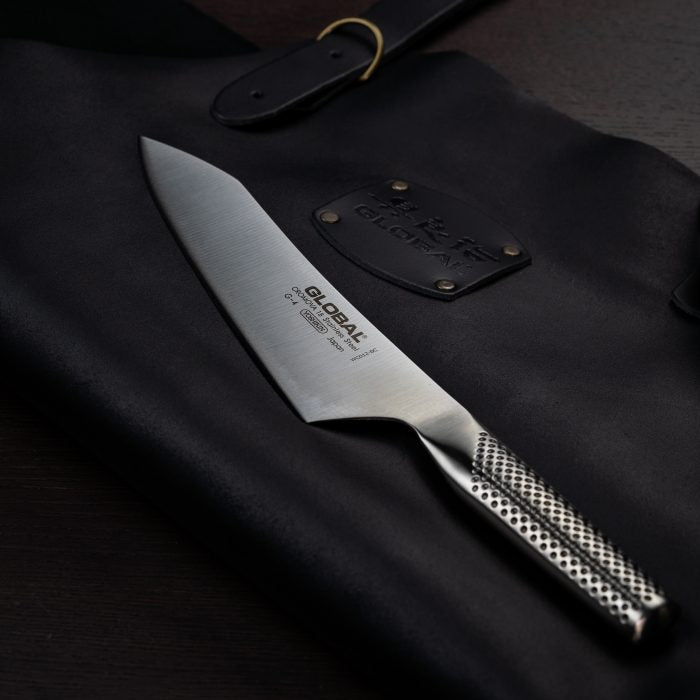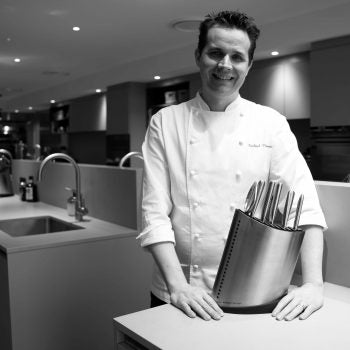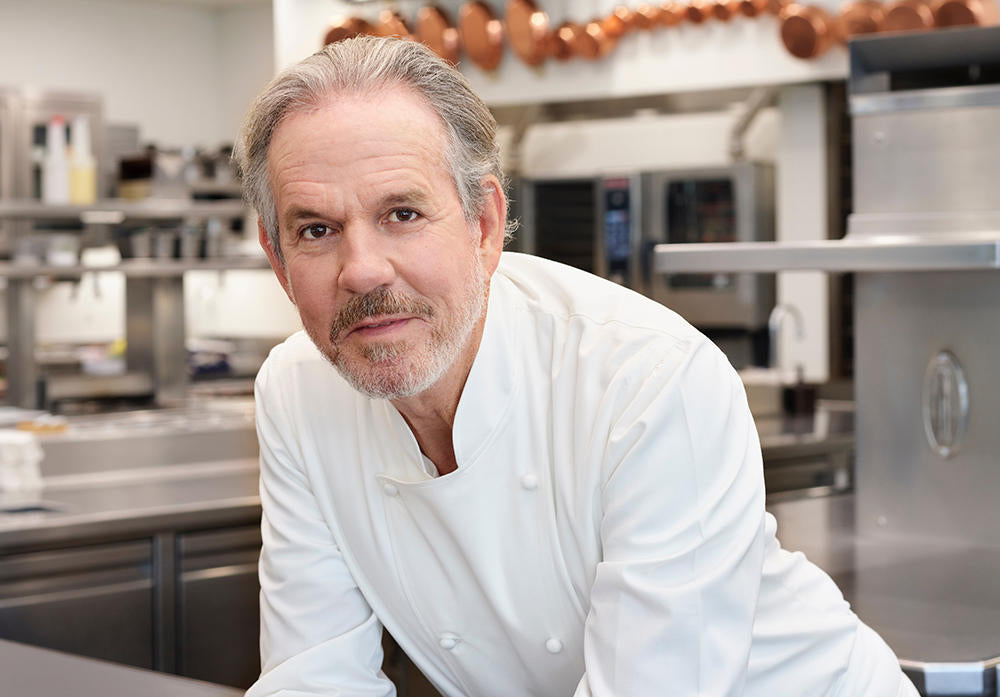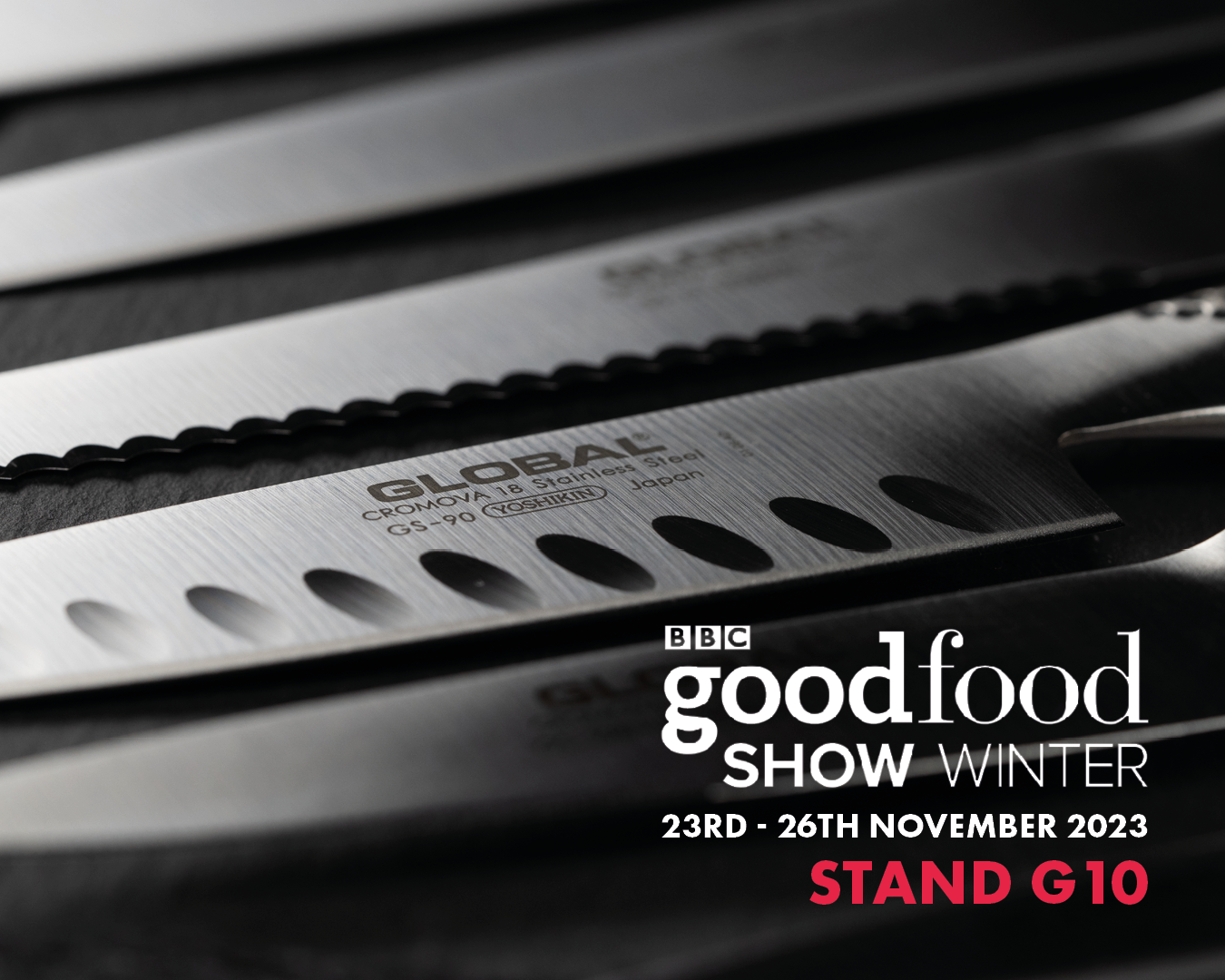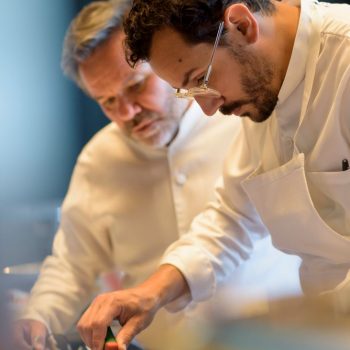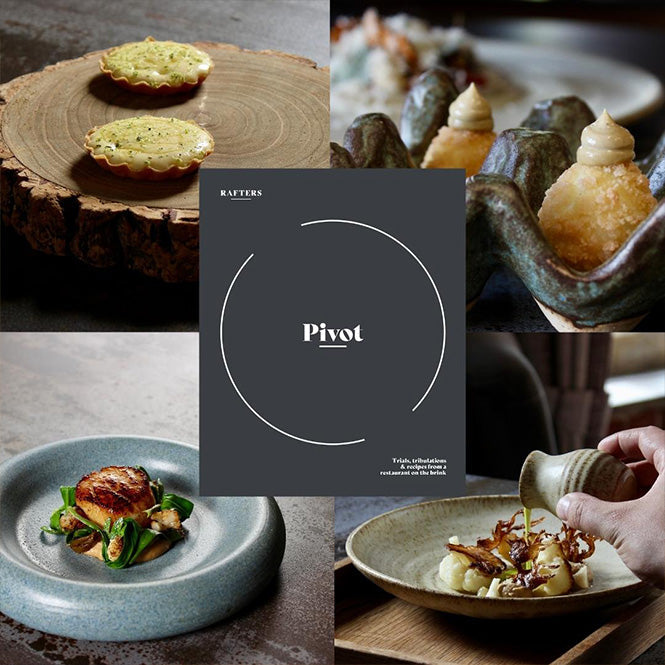Connections in the kitchen are carved through many different recipes – this could be by getting intimate in the kitchen with your partner, having conversations with family whilst deep in prep, or even celebrating life decisions with friends in the kitchen.However, people ignite the fire in the kitchen in varying ways. From babies made on the worktop, to decisions on life happening while chopping vegetables and the words ‘I love you’ told for the first time over a dish, the nation has a whole feast of confessions to off-load from the heart of the home.What happens in the kitchen, stays in the kitchen – right? Wrong! We’ve surveyed 2,000 Brits to uncover the UK’s truth behind the culinary bond and what’s really formed in the art of the prep.Key findings: • 1 in 2 Brits have been intimate in the kitchen, with a further 11% wanting to try in the future• Up to 2,732,000 babies have been conceived in UK kitchens, with 2,058,000 babies born in the kitchen• An estimated 5,464,000 long-term relationships have ended in the kitchen• 60% of women would find a potential partner more attractive if they could cook• Physical touch is a man’s preferred love language in the kitchen, with 27% choosing sex and cuddles over quality time with their partner• Just 1 in 10 Brits admit to using aphrodisiacs for sexual reasons
1 in 2 Brits have been intimate in the kitchen
Things are definitely spicing up in the kitchen, with 1 in 2 Brits admitting to getting intimate in the kitchen and a further 11% wanting to try in the future.Our research revealed that an estimated 2,732,000 babies have been conceived in kitchens across the UK and 2,058,000 babies have been born in the kitchen.
Which age group is the most sexually explorative in the kitchen?
The study revealed that those aged between 25 and 34 are the most freaky – more than any other generation, with 69% of millennials admitting to having sex in the kitchen. What’s more, more than half of millennials also admit to incorporating food into their bedroom exploits.The most common foods used to boost intimacy in the bedroom are whipped cream (27%), strawberries (22%), chocolate sauce (21%), ice cream (18%) and champagne (16%). However, honey (10%), cherries (7%) and mango (5%) are also used to spice things up in the bedroom.
Are people using aphrodisiacs to boost intimacy?
When it comes to aphrodisiacs, many people are unaware of the foods that can increase sexual desire, performance and pleasure. While oysters may be the most widely known, shockingly 48% of Brits didn’t know about oysters’ extracurricular uses…Similarly, just 30% know that dark chocolate can put people in the mood, and just 1 in 5 (21%) are aware that strawberries can be used for other reasons…Interestingly, just 9% of Brits admit to actually using aphrodisiacs for sexual reasons.
51% of Brits have argued with their partner in the kitchen
The kitchen truly is the heart of the home – however, with this title comes great responsibility as the room often plays host to a wide variety of situations.Our study revealed that 1 in 2 (51%) Brits have argued with their partner in the kitchen, with 1 in 10 claiming that arguments usually result from cooking together. The kitchen also acts as the setting for heartbreak as 5 million couples (8%) have ended a long-term relationship in the kitchen.
How does the kitchen affect other family dynamics?
When it comes to cooking with family, 43% of Brits admit to having a blazing row with their nearest and dearest in the kitchen.1 in 3 also say the kitchen is the place where they usually have difficult conversations with loved ones – 16% have even made a life-changing decision by the stove.
60% of women would find a potential partner more attractive if they could cook
Interestingly, the survey revealed that 60% of women would find a potential partner more attractive if they could cook – with 53% of men saying the same, proving that improving your skills in the kitchen could land you a date or two.The most cooking-conscious generation is Gen Z, with 80% of this age group craving a good cook in a potential partner – something to bear in mind for the dating app bio…
Which love language is most prominent in the kitchen?
It’s official, ‘physical touch’ is a man’s preferred love language in the kitchen, with 27% choosing sex and cuddles in the kitchen over ‘quality time’ (22%) with their partner.Women, however, prefer ‘quality time’ in the kitchen, with 28% preferring to cook and eat with their partner over ‘physical touch’ (19%) and ‘words of affirmation’ (14%).When it comes to ‘acts of service’ this love language is most favoured by women, with 16% feeling the love when their partner washes up and cleans the kitchen – however, just 8% of men share the same thoughts.Men prefer to be gifted with new kitchenware, with 6% of men favouring this love language above all others, but only 3% of women agree.
The biggest kitchen turn-ons, revealed
Let’s face it, we all have our secret turn-ons that we might not admit out loud. No spoilers, but our survey uncovered some truly weird and wonderful ones…
Men’s biggest kitchen turn-ons
When it comes to turn-ons in the kitchen, men and women have similar, but varying, ideas of sexy. From squeezing a lemon (6%) to twirling pasta on a fork (10%), a man’s kitchen kinks span many areas.However, our study uncovered that a man’s biggest turn-on in the kitchen is when their partner cooks without needing a recipe (18%).Men also love it when their partner wears an apron (17%), has a signature dish they can cook (16%), serves food with good presentation (15%) and offers them a taste of their meal (14%).And let’s not forget that 13% of men just want to watch their partner chop vegetables well…
Women’s biggest kitchen turn-ons
While women share many of the same turn-ons, there are some very clear differences. Again, women crave someone who can cook without a recipe (25%), who has a signature dish they can cook (24%) and who serves food with good presentation (21%).However, that is where the similarities end as 1 in 7 (15%) of women admit to getting turned on when their partner opens a stiff jar. It also seems that women are huge fans of Pancake Day with 12% loving it when their partner flips a pancake successfully (4th March can’t come soon enough…)Other notable turn-ons for women around the country are when their partner carves a turkey (11%), unloads the dishwasher (10%) and cracks an egg with one hand (8%).
What is giving people the ‘ick’ in the kitchen?
It’s a fact of life, we’ve all experienced the ‘ick’ at one time or another. Picture this – you visit a potential partner’s house and they have plates piled on the worktop waiting to be washed, would this put you off? Or what if they hadn’t wiped down the sides and remnants of their last meal were covering the kitchen?Icks can be subjective, varying from person to person and situation, so to provide some clarity we’ve uncovered exactly what is putting people off when it comes to the kitchen.
Men’s biggest kitchen turn-offs
Our study found that a man’s biggest ick in the kitchen is when someone has a dirty hob, with 1 in 3 (34%) citing this as something that puts them off a potential partner.Licking a spoon and putting it back in the pan (31%) takes second place, followed by leaving all of the dirty dishes piled on the side (29%). Not cleaning as they cook (24%) and not being able to cook (20%) round off the top five.Being a picky eater (18%) is another sure way to give men the ick, as well as only knowing how to cook frozen food (16%), using metal utensils in a non-stick pan (14%) and using dull knives to cut and peel vegetables (13%).Also, did you know that 7% of men get the ick if their partner cries when cutting an onion? It might be time to invest in some onion-proof glasses…
Women’s biggest kitchen turn-offs
Women also hate it when someone licks a spoon and puts it back in the pan (43%), as well as when dishes are left to pile up on the worktop (40%).They also get the ick when someone doesn’t clean as they cook (34%), have a dirty hob (33%) and are a picky eater (24%).However, dissimilar to men, women are often put off by a potential partner who doesn’t offer to help with cooking (17%) and someone who doesn’t season their food (13%) – so it could be time to get the spices out!
To cook together or alone?
It looks like we are a nation of foodies as our data highlights that 66% of Brits enjoy cooking and only 4% of people say they never cook.We all know that too many cooks can make for a stressful kitchen and our research revealed just that, with 42% of women preferring to cook alone and 32% of men. It seems that cooking together might not be a great date night idea as just 1 in 4 (24%) Brits actually like to cook alongside their partner.
Where are people getting their recipe inspiration from?
When it comes to recipe inspiration, Gen Z are getting most of their inspo from TikTok over any other platform, with 44% choosing this platform for food inspo – just 27% of those aged 18-25 are reaching for recipe books.However, when it comes to all age groups, online recipes are still proving popular, with 38% of Brits citing this source as their go-to for food ideas. 1 in 3 (30%) get their food ideas from cooking shows, as well as Instagram (17%), cooking podcasts (11%) and Facebook (11%).
What are the most popular meals to cook and eat in the UK?
Cooking and eating a home-cooked meal are great chances to bond with a partner, friends and family, however, some meals are more popular than others.Our study shows that the roast dinner is officially the most popular meal in the UK, with 1 in 4 (23%) people choosing this as their favourite meal of all time. In second place is spaghetti Bolognese (11%), then casserole (10%), and chilli con carne (6%).Interestingly, Gen Z prefer spaghetti Bolognese (19%) to a roast dinner (18%), and just 2% of this age group like a casserole.However, when looking at regional breakdowns, our data highlights that Aberyswyth locals actually favour a fry up over a roast dinner, with 40% choosing this option as their favourite meal to cook and eat. Gloucester residents prefer a casserole (22%) to a roast dinner (17%) – this is also the same in Swansea, with just 7% choosing a roast dinner as their favourite meal.
Where are people eating in the home?
Our data highlighted that 81% of Brits eat in front of the TV on a regular basis, with just 19% of Brits saying they never eat in front of the TV.
Dating coach shares top tips for carving connections in the kitchen
To understand how people can carve great connections with a partner in the kitchen, we spoke to Adam Lyons, of Ask The Dating Coach, for his top tips on using cooking to build strong relationships.1. How can love languages affect how people behave in the kitchen?Cooking is an act of service, obviously, so if you cook for somebody, that’s going to be a gift. Words of affirmation, like telling somebody that they’re an amazing cook, are also a huge factor. Physical touch is interesting because the act of eating is quite a sensual thing—feeding each other, of course, would be huge there as well. And then quality time, of course—you’re hanging out together, eating and cooking.I’ve often theorised that cooking is almost its own love language. Because technically, it could apply to any of the five common love languages but I think that cooking almost goes above and beyond that. With cooking, you’re providing, which at its core is one of the fundamental requirements of a relationship. I’ve always argued that the sixth love language is actually cooking for somebody.2. How can cooking together impact a relationship?I think cooking together is a massive benefit for a relationship. My partner and I cook for each other all the time. We love cooking together; if we’re making two or three dishes, we’ll take turns. It’s just a great bonding time and a chance to explore all five of those love languages together.Bonding in the kitchen is a great way to improve connections with a partner, family and friends. Prepping a meal, eating delicious food and enjoying time together are all fantastic opportunities to show your love. If you’re looking for more advice on the best tools to use in the art of prep, check out our incredible range of cooking knives here.
Methodology
Global Knives commissioned a survey of 2,000 adult Brits via OnePoll in October 2024, with a focus on how people are carving connections in the kitchen – from getting intimate on the worktop to bonding with family and friends over a home-cooked meal.The survey criteria were as follows: • Those aged between 18 and 65+• People from 30 different cities in the UK


